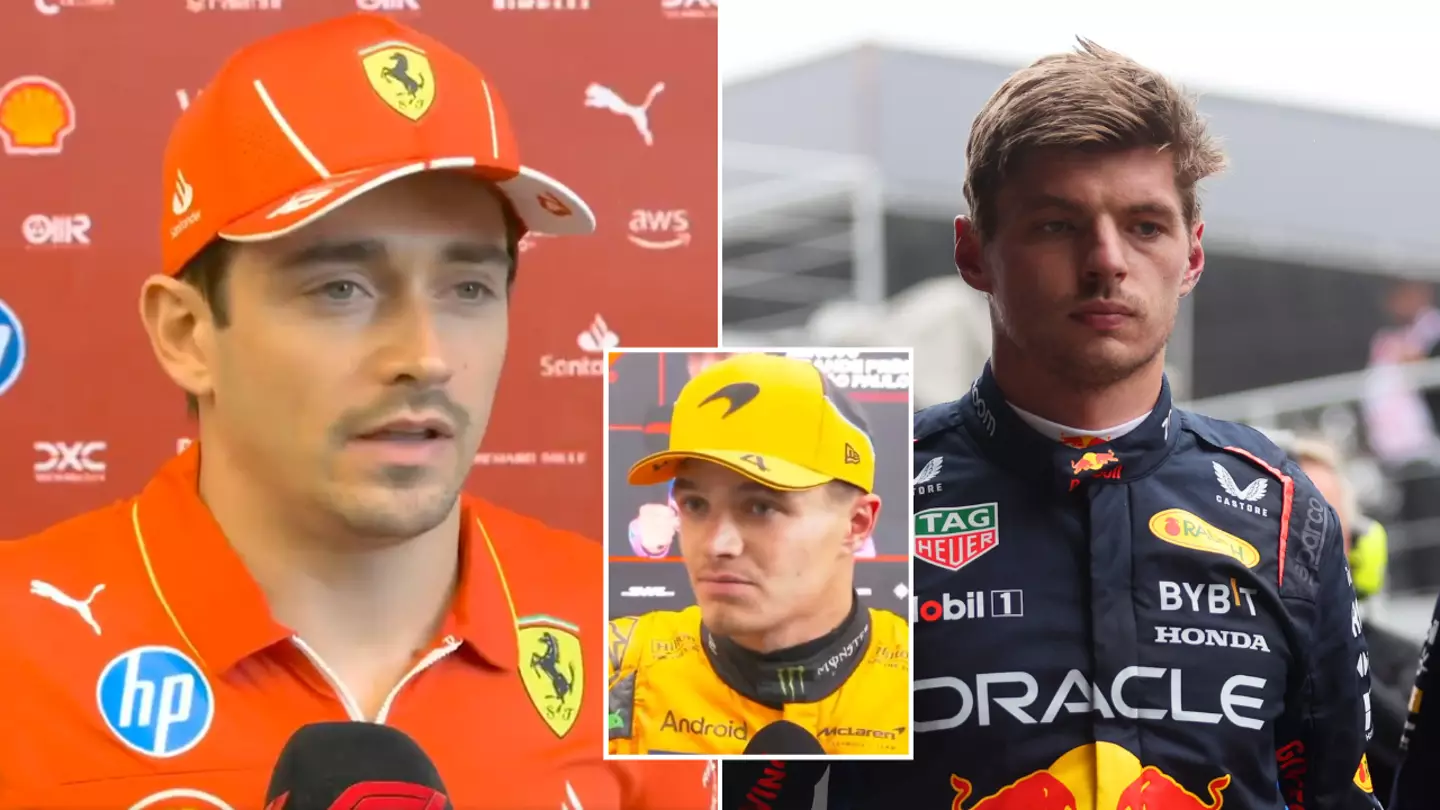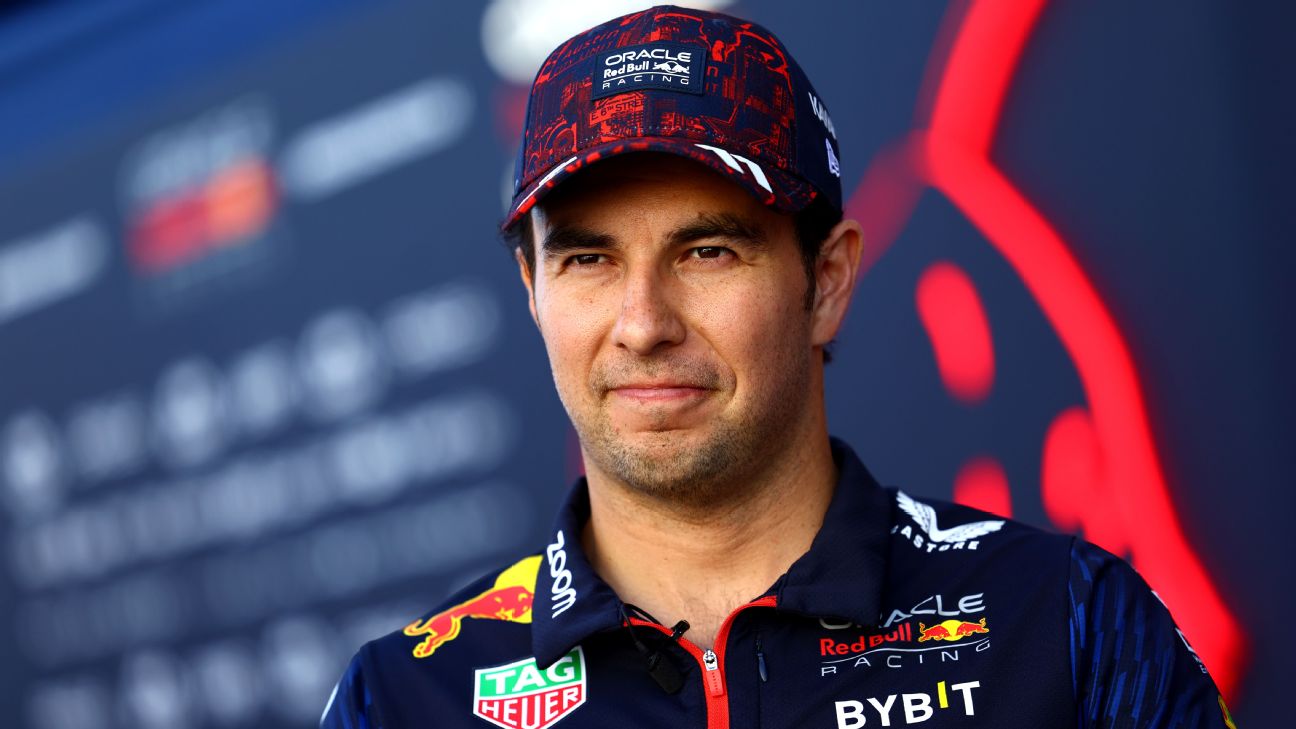Verstappen Breaks Silence After ‘Ridiculous’ FIA Punishment
Jos Verstappen has expressed outrage over the FIA’s recent decision to impose community service on his son, Max Verstappen, after the reigning F1 World Champion used explicit language during a press conference ahead of the Singapore Grand Prix. The punishment, seen by many as excessive, has sparked widespread debate within the motorsport community, with Jos Verstappen branding it “the most ridiculous thing” he’s ever seen.
The incident occurred when Max Verstappen described his Red Bull RB20 car as “f****d” during a mandatory media session in Singapore. This comment led the FIA to announce that the Dutch driver would be “obliged to accomplish some work of public interest” as part of his punishment. The elder Verstappen, a former F1 driver himself, has been highly critical of the decision, questioning the consistency and fairness of the FIA’s approach to penalizing drivers for their language.
A Controversial Ruling
The FIA’s ruling against Max Verstappen has brought their increasingly strict stance on driver conduct under the spotlight. The governing body has been clamping down on the use of inflammatory language, citing its connection to the rise in online abuse aimed at officials and other members of the motorsport community. However, the decision to impose community service on Verstappen has raised eyebrows, particularly in light of past instances where similar offenses were met with much lighter penalties.
For instance, during the Las Vegas Grand Prix last year, both Mercedes team principal Toto Wolff and Ferrari’s Fred Vasseur received formal warnings for using similar language during a press conference. Neither was required to perform community service, which has fueled accusations of inconsistency in the FIA’s disciplinary measures.
Jos Verstappen voiced his concerns while speaking to Autosport at the East Belgian Rally, where he and co-driver Renaud Jamoul secured a commendable fourth-place finish. He pointed to recent incidents in rally racing to highlight what he sees as an uneven application of penalties across motorsport disciplines. One such example involved eight-time WRC champion Sébastien Ogier, who received a suspended €30,000 fine for comments made towards officials during the Acropolis Rally in Greece.
“We also see it in rally,” Jos Verstappen said. “Ogier made some remarks, but he didn’t get the same kind of punishment. The FIA needs to be more consistent. I don’t think they’re doing a very good job.”
Max Verstappen’s Quiet Protest
While Max Verstappen has not openly criticized the FIA, his actions during the Singapore Grand Prix weekend spoke volumes. In what appeared to be a form of protest against the ruling, the three-time world champion gave curt, one-word responses during his official press conferences on Saturday and Sunday. His reluctance to engage with the media was seen as a clear indication of his displeasure with the FIA’s punishment.
The FIA’s crackdown on driver language has drawn mixed reactions from the motorsport world. Supporters argue that it’s necessary to maintain professionalism and protect officials from online abuse, while critics believe the governing body is overstepping and being overly punitive.
The Broader Debate
The Verstappen case has reignited a broader discussion about the role of governing bodies like the FIA in regulating driver behavior both on and off the track. While there’s a growing recognition of the need to address toxic behavior and online abuse, many in the sport believe that punishing drivers for offhand comments or moments of frustration may not be the best way to achieve that goal.
For now, Max Verstappen is set to complete his community service, though the nature and timing of this work have yet to be confirmed. Meanwhile, the debate over the FIA’s handling of the situation continues, with many in the F1 paddock calling for clearer guidelines and greater consistency in the application of penalties.
As the season progresses, all eyes will be on how the FIA handles future incidents involving drivers and team personnel, and whether this high-profile case leads to any changes in their approach to discipline within the sport.





